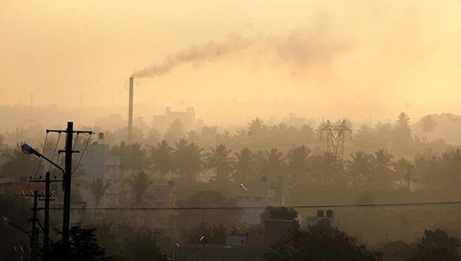| (Mains, General Studies Paper- 3: Infrastructure: Energy, Ports, Roads, Airports, Railways etc.) |
Context
While Indian cities are poised to drive economic growth and employment, they are also increasingly vulnerable to climate risks, particularly urban flooding, according to a recent World Bank report.

Key Findings of the Report
Urban employment growth
- Indian cities are expected to contribute 70% of new job creation and gross domestic product (GDP) by 2030. Urbanisation is central to India’s growth trajectory and demographic dividend.
Climate vulnerability
- Indian cities could face annual flood-related losses of up to $5.4 billion by 2030. These vulnerabilities arise from unplanned development, poor drainage and ageing infrastructure.
Need for urban resilience
- Greater local autonomy in planning and financing is important. Cities need tools to respond quickly and plan proactively against climate shocks.
Financing gaps
-
- Urban local bodies (ULBs) are still underfunded and under-credited. Investments are needed in green infrastructure, early warning systems and flood management.
Policy suggestions
-
- Strengthen the 74th Constitutional Amendment to empower urban governance
- Increase inter-governmental fiscal transfers with work-based incentives
- Promote climate-resilient urban planning and adaptive building codes